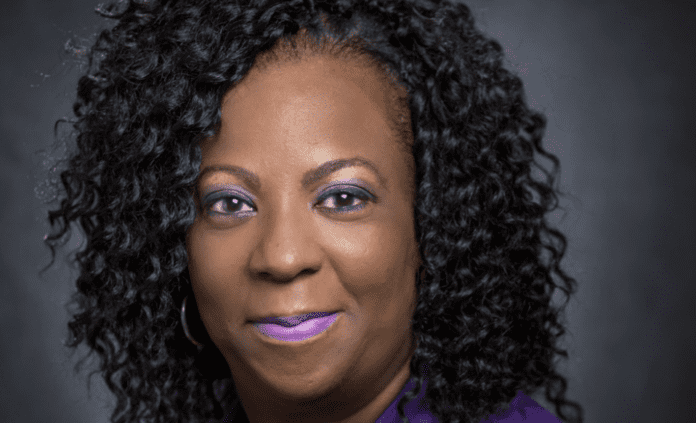Belmont College of Liberal Arts and Social Sciences hosted a Faith and Academics Presentation with guest speaker Dr. Tina M. Harris who shared her experience with the intersection of faith and scholarly perspectives on how to stay actively engaged in racial and social justice work. The event was put on for students and faculty by the Faith and Academics Committee of the college.
Communications Studies Chair Dr. Mary Vaughn introduced Harris at the beginning of the event. A former student of Harris, Vaught shared how she has shaped her as an educator and has contributed heavily to her perspective as a Christian.
Harris joined Louisiana State University’s Manship School of Mass Communication in the fall of 2019 as the Douglas L. Manship Sr.-Dori J. Maynard Chair in Race, Media & Cultural Literacy—the first position of its type in the nation. She has a strong interest in research for interracial communication and focuses on critical communication pedagogy, race and identity, diversity and media representations, racial social justice, racial reconciliation and more.
Opening the convocation with a reading of scripture, Harris shared that “the steps of a good man or woman are ordered by God,” from Psalm 37:23. She used this passage to encourage the Belmont community to walk into their purpose as it is continuously laid out for them. She shared that although there is always unknown in the future, following the steps presented each day is a part of doing God’s goodwill.
Throughout the event, Harris discussed much of her personal experience with speaking up for racial justice as a Christian. She expressed that the major need of the Christian religion as a whole should be working towards inclusivity and equality. “I want to be a blessing to other people and I’m supposed to be a light to others, so that’s what I aim to do,” Harris said and encouraged others to do the same.
Harris utilized her critical essay written in 2019 to highlight the importance of a moral-spiritual imperative and discussed what it means to be an ally currently. She shared the dynamic of an advocate-mentor and said, “To be a mentor, one’s interest must be genuine and they must be willing and committed to assertively addressing situations.”
Over the course of the convocation, Harris discussed the dynamic between speaking up and being an active ally of racial justice as a Christian, leaving the Belmont community with new knowledge and helpful characteristics to implement in their own lives.



